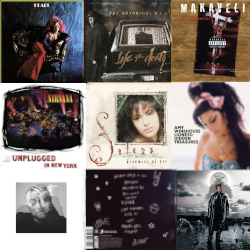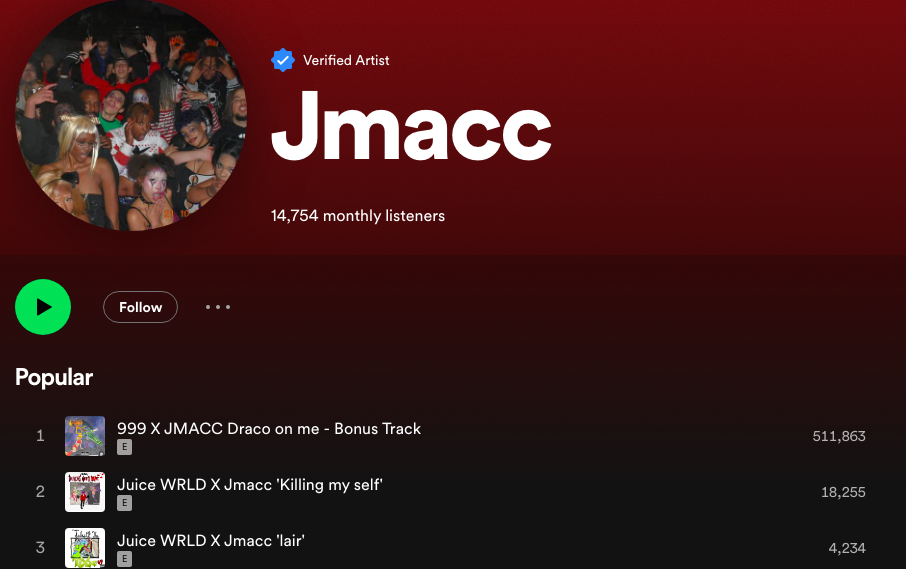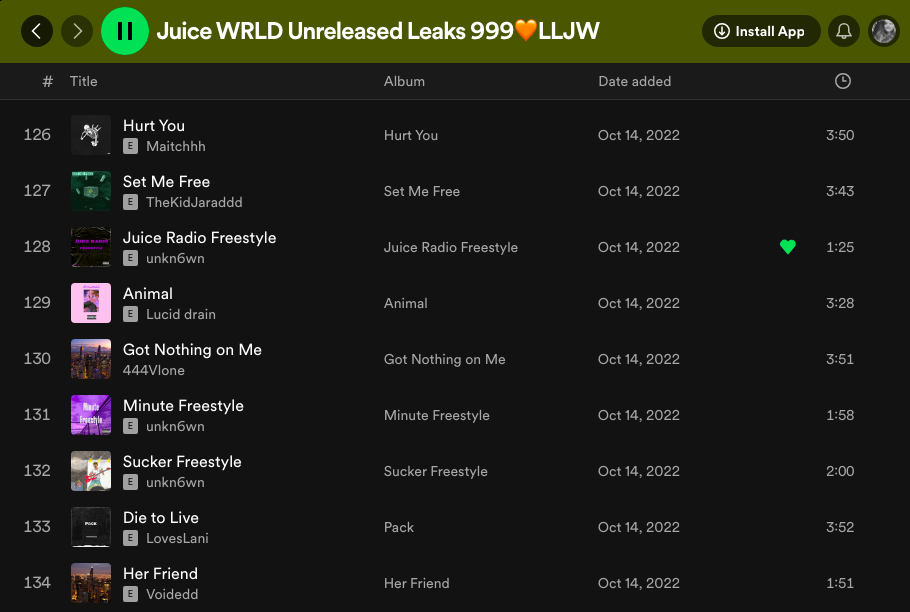Post-Mortem Piracy: The Mixed Bag of Music Leaks
Music piracy is as old as the internet.
Before the era of streaming services like Pandora, Apple Music, and Spotify, tracks and albums had to be purchased individually and manually downloaded to listening devices, resulting in a surge of less-than-legal sourcing through file-sharing clients like Limewire.
Leaking refers to the unauthorized release of an artist's unreleased tracks or albums before their official launch and can occur through various means, such as hacking, insider leaks, or even unintentional slips. While some leaks may be accidental, others are maliciously orchestrated to gain attention or profit.
The music industry has witnessed a growing concern regarding the unauthorized leaks of unreleased songs by artists. This article aims to delve into the industry of music leaks, exploring its ethics, and shedding light on the controversial topic of posthumous releases.
The ethics surrounding music leaks are multi-faceted. On one hand, leaks can generate excitement and anticipation among fans, building buzz for an upcoming release. However, leaks also undermine an artist's creative process, violating their right to control the presentation and timing of their work. It can harm their commercial success and infringe upon their intellectual property rights.
But what if the artist is dead?

Moreover, the posthumous release of an artist's unpublished work has also sparked debates about the ethical implications involved. While some argue that posthumous releases allow fans to appreciate an artist's complete body of work, others question the ethics of exploiting an artist's legacy for commercial gain. The decision to release posthumous music should ideally involve careful consideration of the artist's wishes, expressed in their will or through conversations with their loved ones.
To ensure ethical posthumous releases, key stakeholders, such as record labels, artists' estates, and close family members, must collaborate transparently. out of respect for the artist's intentions. Important factors to consider include whether the artist intended for the work to be released, the quality and completeness of the material, and the potential impact on the artist's legacy.
Barely Social has a YouTube video detailing how the value of artists music increases post-mortem once they reached “legend status.” Labels recieve insurance from dead artists and retain the rights to all music recorded under a contract. As the death clause favors corporate terms and feeds conspiracies surrounding mysterious celebrity deaths such as that of Bobby Fuller, Tupac, The Notorious B.I.G., and
XXXTentacion, leaks are viewed as an alternative to allowing mega-corporations to capitalize on the death of their contractors and reshape their legacies by determining which recorded songs are released.
Despite the illicit nature of piracy, music leaks are a big business. Post-humous album releases by labels are often profit-driven, where leaks can provide a platform for undiscovered artists to showcase their styles and abilities. Many fans will include their own verses on instrumental tracks with their favorite stars, creating a platform for talent discovery.

Take for example Jmacc, a yet underrated Spotify Verified Artist with 14,752 monthly streams as of November 2023. His most popular track "999 X JMACC Draco On Me" is a full unreleased Juice WRLD song with Jmacc original verse inserted.
For an artist like Juice WRLD who potentially has more unreleased music than released, some of the most legendary hits such as "K Like A Russian" may never officially drop. This is the case for Mac Miller, whose leaks circulate SoundCloud and Spotify in the hundreds to this day.

Other fans still refuse to listen to leaks, viewing them as spoilers of future album releases.
Everyone seems to have a take, so what's yours? Who is the best steward of an artists music, and who should have the final say in what gets released?


